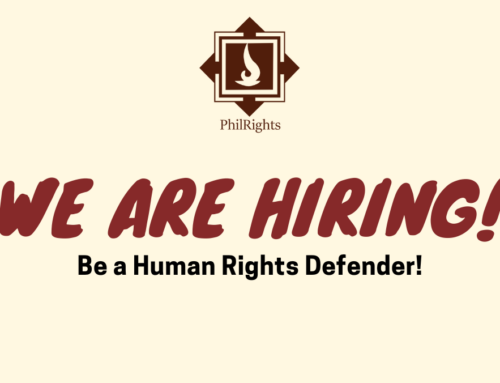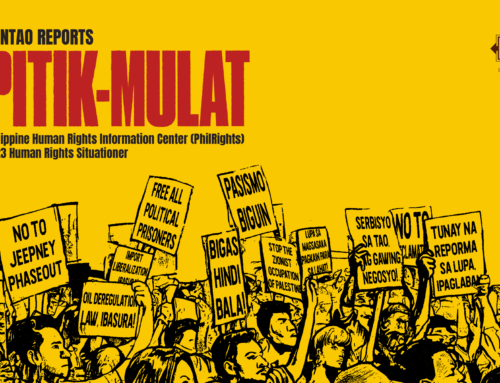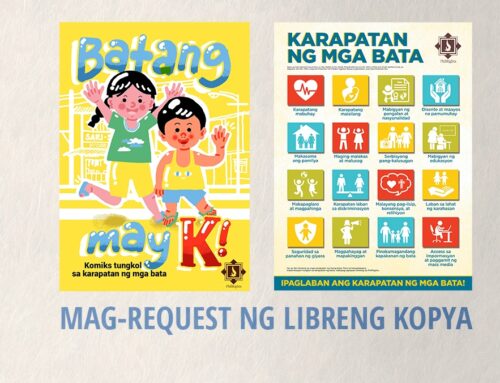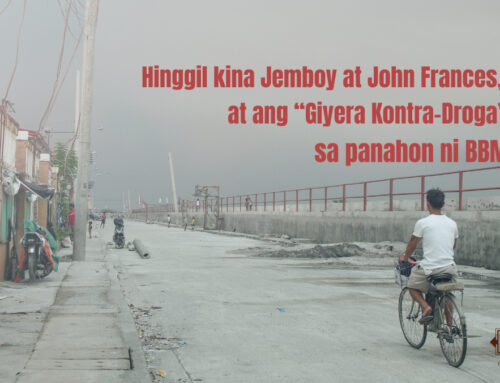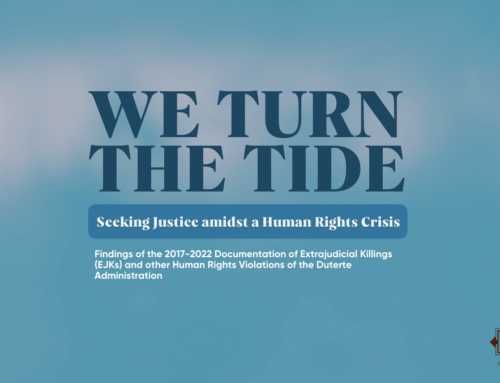by Isaiah Castro
To say that online discussions about the leading candidates for the May 2022 elections have been intense is an understatement. If anything, social media’s potential to become a battleground for votes and public favor has grown exponentially since 2016—a landmark election year that proved social media was a vital engine for electoral discourse. It is as intense as it is exhausting, and the stress might even pile up as we are at a few weeks from the polls.
In EngageMedia’s forum entitled “Safeguarding Digital Rights Amid the Philippine Elections” held April 9, panelists identified the factors that help shape the cluttered social media timelines in the Philippines. Among these are disinformation and misinformation, paid troll farms and troll accounts, social media algorithms and marketing-based advertising, and inadequacy of active social media regulation.
Dr. Jonathan Corpus Ong, associate professor in Global Digital Media at the University of Massachusetts and author of “Architects of Networked Disinformation: Behind the Scenes of Troll Accounts and Fake News Production in the Philippines,” identified patterns in troll behavior that first rose to prominence in 2016. For Dr. Ong, what started as underground troll platforms for Rodrigo Duterte’s candidacy have become mainstream, enlisting traditional news platforms with millions in reach and employing political pundits who frame political and global crises around the campaigns of candidates.
Trolls typically use potty language and snarky humor through meme and parody pages. For younger audiences, they have masqueraded as legitimate sources of information in Tiktok and YouTube. On the other hand, common strategies utilized include both brigading against individual social media posts and pages, or large DDOS attacks against targeted websites.
Dr. Ong emphasized the role of civil society organizations to craft interventions that address the spread of mis- and disinformation. While it is true that successful initiatives have sprouted up in recent years, he advocates for more support for digital workers on the frontlines by bringing their concerns into the official policy of organizations. Moreover, he called on partners to collaborate across sectors and disciplines to generate creative and inclusive solutions to the crisis.

Prof. Nicole Curato, professor of political sociology at the Centre for Deliberative Democracy and Global Governance at the University of Canberra and editor of “A Duterte Reader: Critical Essays on Rodrigo Duterte’s Early Presidency” meanwhile presented the idea of a “deliberative forum” as an alternative to online discourse.
Unlike unruly debates on social media pages, deliberative fora espouse organized, turn-based, and respectful learning in a nurtured and shared setup. Participants are provided meaningful studies and data, and thus are able to generate informed deliberations on key issues.
Prof. Curato states that the practice of deliberative fora aims to develop citizens not only as subjects of media literacy programs, but also as agents of it; that is, to develop Filipinos who can not only identify disinformation, but also distinguish where accountability should be demanded to curb this phenomenon. It entrenches a “structural” rather than an “individualistic” understanding of disinformation.
Both Dr. Ong and Prof. Curato believe that winning the war against falsehoods entails “punching up” on the larger political intermediaries that finance troll farms, instead of “punching down” and investing time and energy on the low-level trolls in our timelines. We ought to choose wisely when it comes to the conversations we take part in and launch campaigns to back agenda that matter, like anti-trolling laws which would effectively “punch up” and the anti-political dynasty law which would dismantle historic concentrations of wealth and power.
For more insights and tips on how we protect our digital rights and safety, you may visit EngageMedia’s official guide HERE.




